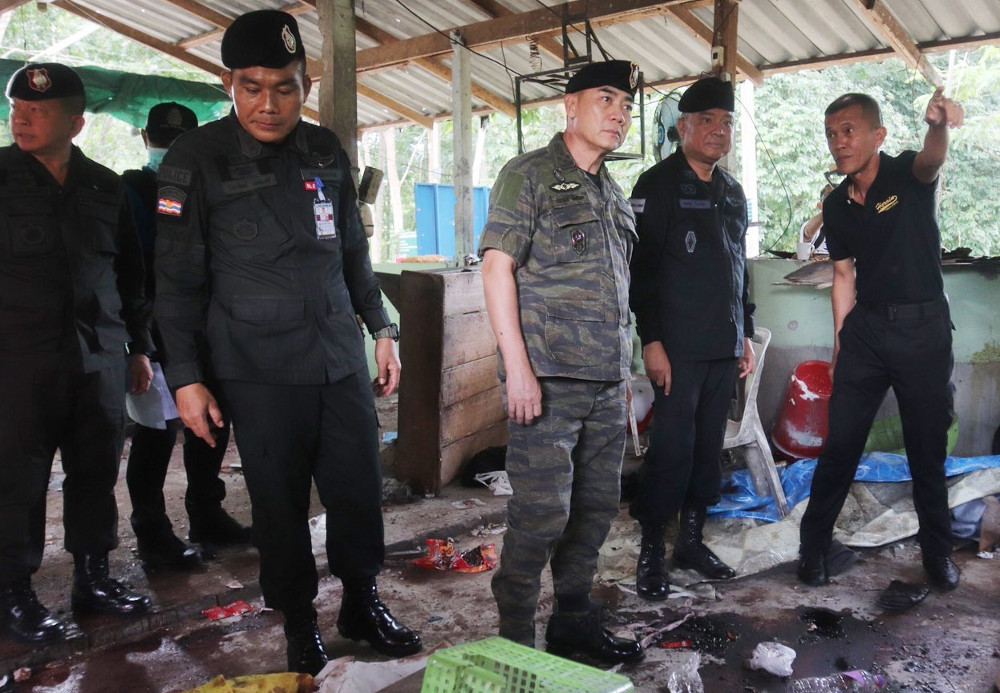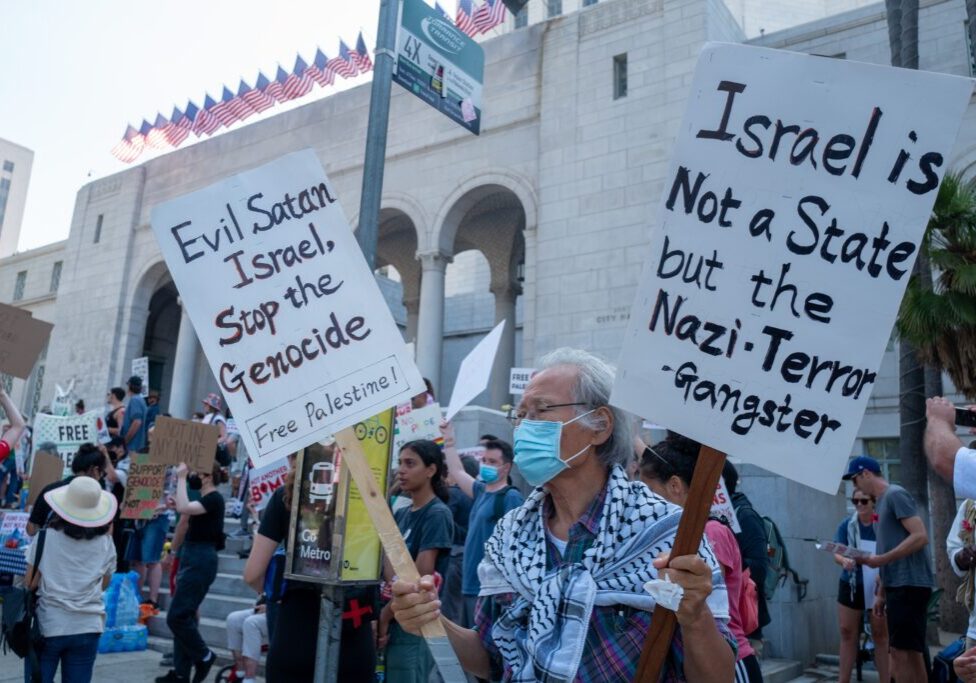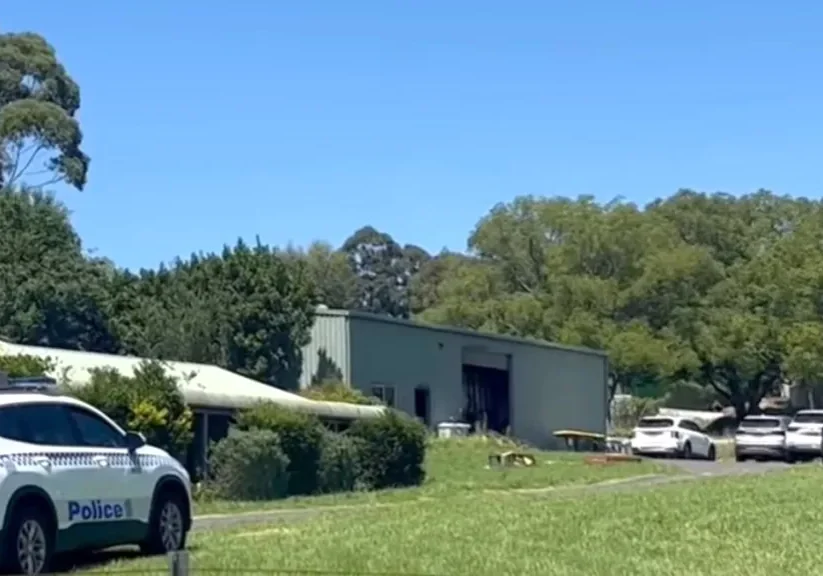Australia/Israel Review
Asia Watch: Forgotten but not gone
Dec 4, 2019 | Michael Shannon

The latest deadly attacks in Muslim-majority provinces in Thailand’s deep south have divided expert opinion on the likely implications, but there is no doubt that the Government has suffered one of the deadliest assaults in 15 years of insurgency.
The late evening attack on Nov. 5 saw between 10 and 15 separatist gunmen storm a checkpoint manned by village defence volunteers in Lam Phraya sub-district on the edge of Yala city. The use of assault rifles against a group of ill-trained villagers armed with pistols, a couple of shotguns and only one automatic rifle turned an attack into a massacre – 15 killed, including five women, and another five wounded.
The military’s weak spot, analysts say, is their dependence on volunteers to protect some roads, buildings and other possible targets in the three southern Muslim-majority provinces of Yala, Narathiwat and Pattani, known collectively as the Deep South.
After the rebels opened fire, they stole M-16 assault rifles and shotguns from the volunteers before escaping into nearby forested hills. To deter pursuers, they scattered bent nails on the road and burned tyres.
The ambush was the most lethal carried out by insurgents since 2004 and occurred immediately following the Nov. 2-4 ASEAN meeting attended by global foreign ministers in Bangkok, in a clear attempt to embarrass the government of coup leader-turned-politician General Prayuth Chan-ocha.
It also followed a car-bomb attack outside a block of police apartments in Pattani province in late October and a far more complex operation in Bangkok in August which saw a coordinated wave of IEDs and incendiary bomb attacks spread across the capital. Neither of these attacks appeared to be designed to cause mass casualties, but rather to remind the Government that an insurgency that appeared to be waning can still cause mayhem.
The government has responded by invoking the Internal Security Act to impose wider curfews and military patrols in the Deep South. Ironically, the attacks have come against a backdrop of declining violence that has been evident since at least 2014, but which in 2019 appeared to signal that the insurgency had run out of steam. Indeed, October marked the first month since 2004 in which a full week passed without a single violent incident reported across the entire region.
While no group claimed responsibility for the recent attacks, they are widely believed to have been orchestrated by Barisan Revolusi Nasional (BRN), the largest and best organised among several rebel groups, which intelligence officials estimate controls about 8,000 militants, mostly armed with rifles and pistols.
At one level, there seems little doubt the rebels have been hitting back against military abuses. The Bangkok Post recently argued that security officials had “got away scot-free from suspected involvement in torture, enforced disappearances and extra-judicial killings of insurgent suspects.”
The August Bangkok bombing spree occurred just a week after an insurgent suspect was apparently beaten comatose during an interrogation at a military base and died weeks later.
Another catalyst may well be the ongoing Malaysian-brokered dialogue process between the Government and separatist representatives, which has yielded no breakthroughs. The Thai military has largely ignored BRN’s core demands, including the release of all people detained over suspected links to the insurgency and transparent investigations into abuses by security forces.
Analysts suggest that heeding local Muslim demands to allow wider use of the region’s dialect alongside the main Thai language, and allowing southern schools to teach the region’s history and Islamic traditions would ease tensions.
But Thai officials have consistently rejected such demands, believing any loosening of Bangkok’s grip would be a slippery slope towards independence, which officials maintain will never be allowed. A hard core of insurgents hope to re-establish the historic sultanate that existed until 1909, either as an autonomous region or fully independent state.
Certainly, senior figures from BRN have refused to come to the dialogue table. These hardliners also question the legitimacy of Mara Pattani, the umbrella body formed in 2014 by separatists living in exile in Malaysia to hold talks with Prayuth’s government.
If the Thai military has reason to hope that steadily declining violence will render the bilateral negotiations irrelevant, BRN has an equally powerful incentive to remind its adversaries that it retains a military capability.
In doing so, the rebels chose the softest targets possible. While the Thai military has steadily outsourced southern security to local para-military forces with intimate knowledge of village dynamics, the lowest rung of these forces are the Village Defence Volunteers – local villagers with minimal training and only basic weaponry.
The jury is out on whether the recent attacks represent a declining movement fighting for relevance or a new generation expressing frustration at abuses and stalled dialogue. In either case, real peace in southern Thailand is undoubtedly still years away.






